
In a significant policy move, New Zealand Prime Minister Christopher Luxon has proposed legislation to ban social media use for individuals under the age of 16. The draft law, which would mandate age verification on platforms like TikTok, Instagram, and X, aims to curb children’s exposure to harmful content, cyberbullying, and excessive screen time.
“It’s time we use these platforms to protect vulnerable users, not exploit them,” Luxon said at a press briefing, highlighting growing concerns among parents and educators over the mental health risks associated with unchecked digital access.
The move aligns New Zealand with a growing international trend toward regulating the online lives of minors. In 2023, Australia introduced laws requiring tech companies to verify the ages of users under 16. France passed a bill mandating parental consent for social media users under 15, while several U.S. states, including Utah, have implemented restrictions that require parental approval for minors to open accounts. The United Kingdom’s Online Safety Act also enforces age checks and obligates platforms to remove harmful content targeted at children.
These developments reflect a broader global consensus: digital freedom for minors must be balanced with digital safety.
India’s Lag in Digital Child Safety
Despite having one of the world’s largest online populations, India has yet to adopt similar safeguards. According to a 2023 report by the Internet and Mobile Association of India (IAMAI), over 450 million Indians actively use social media. Of these, an estimated 80 million are minors under the age of 16.
Smartphone usage among children has surged in recent years, granting them unfiltered access to platforms such as YouTube, Instagram, and WhatsApp. However, India’s current regulatory framework offers limited protection. The 2021 Information Technology (IT) Rules recommend parental control tools and content filtering but do not mandate age verification during account creation.
Legal experts point out that enforcing such checks in India raises concerns about privacy, data protection, and administrative feasibility. Additionally, major social media platforms play a crucial role in India’s digital economy, and stricter regulation could impact investment and innovation.
Alarming Trends Among Indian Teens
Recent data highlights the urgent need for intervention. A 2022 NCERT survey revealed that 39% of students aged 14 to 18 spend more than three hours online daily. Nearly one in four reported experiencing cyberbullying or exposure to harmful content. Rising cases of anxiety, poor sleep, and body image issues among adolescents are being linked to excessive social media use.
Experts suggest a balanced policy approach—one that protects minors without stifling technological progress. Recommendations include mandatory age-verification systems, built-in screen time limits, digital literacy programs in schools, and collaboration with tech companies to create safer online spaces.
As countries across the world tighten digital safeguards for children, India’s silence is becoming increasingly conspicuous. New Zealand’s proposed law serves as a timely reminder that protecting minors online is no longer optional—it is a critical aspect of governance in the digital age.


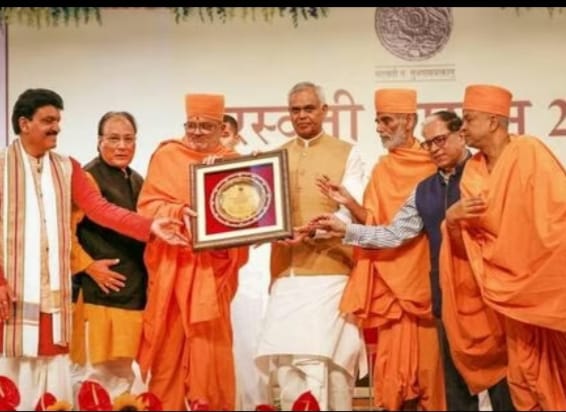
.jpeg)


.jpeg)
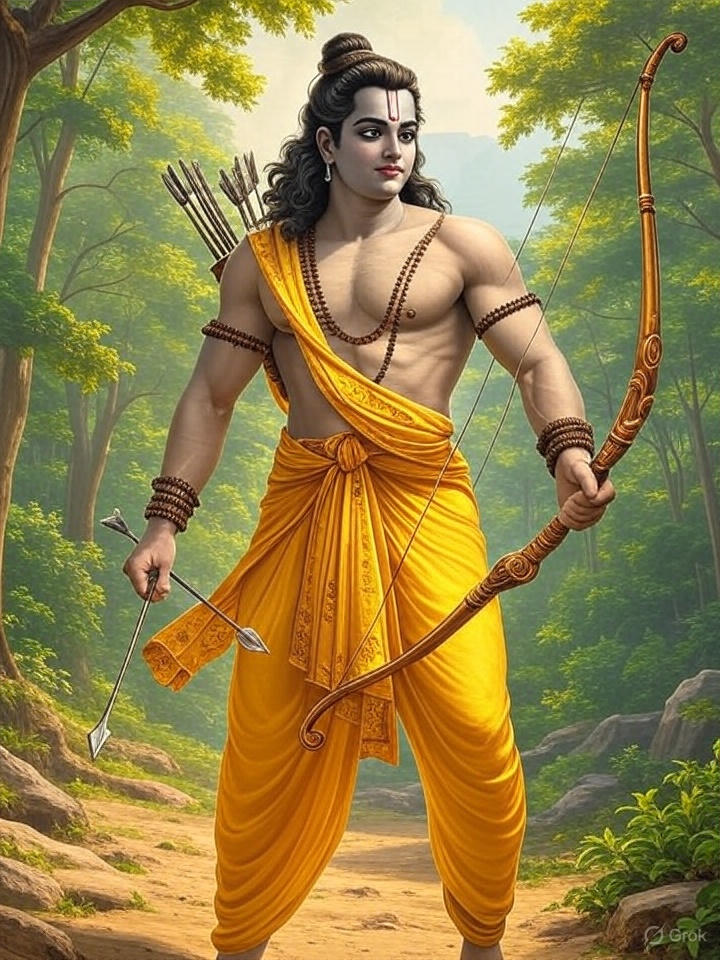
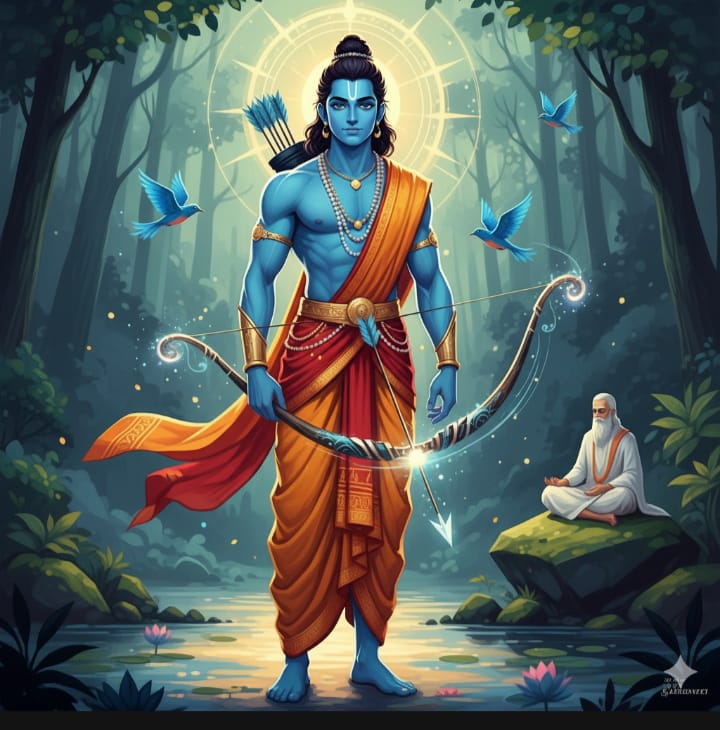
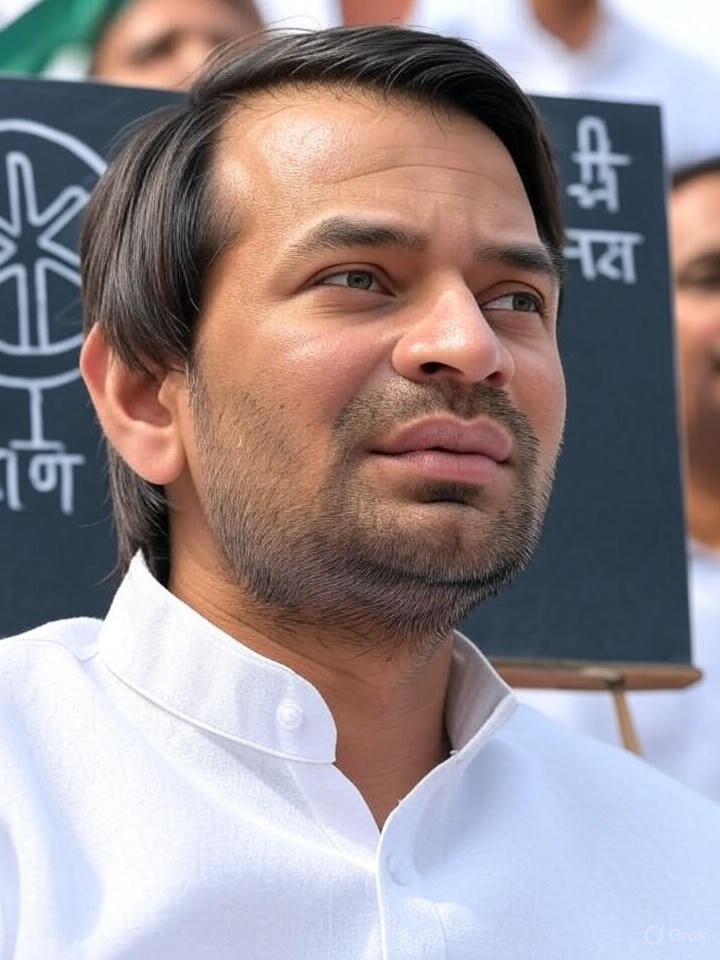
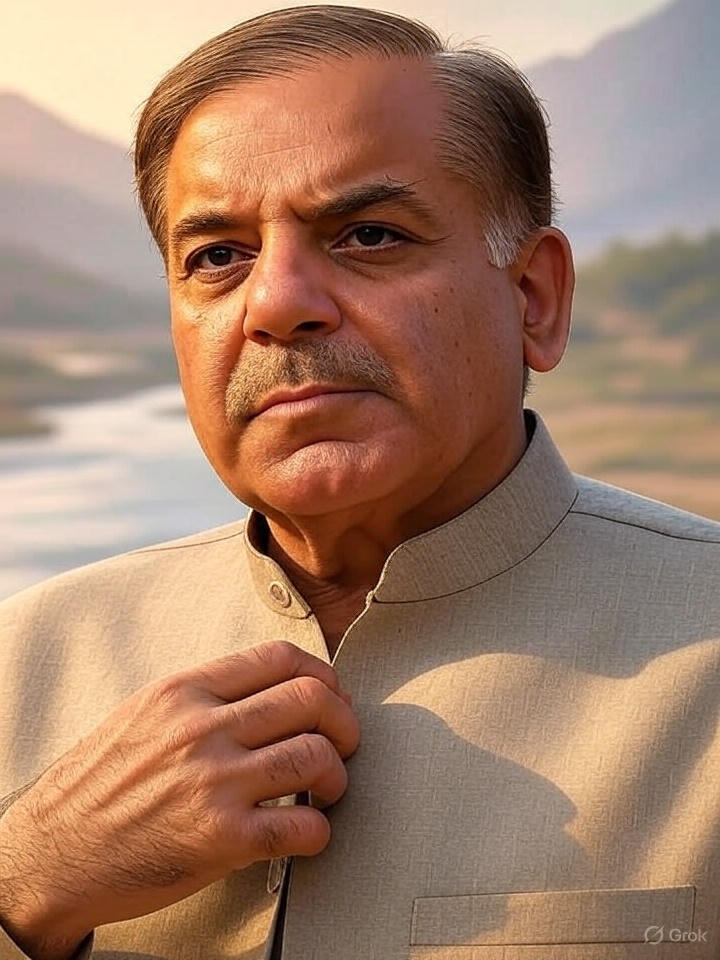
.jpeg)

.jpeg)
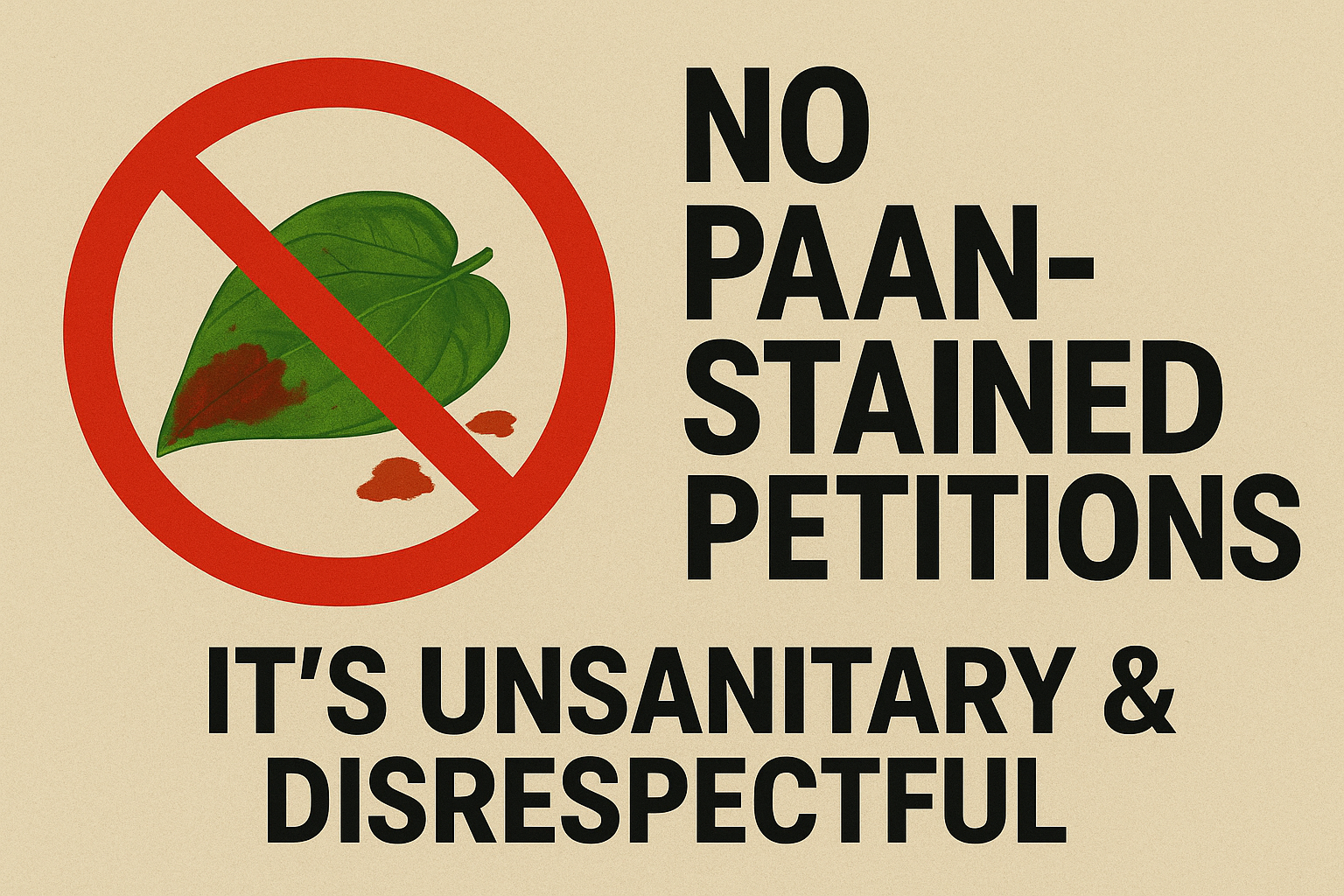
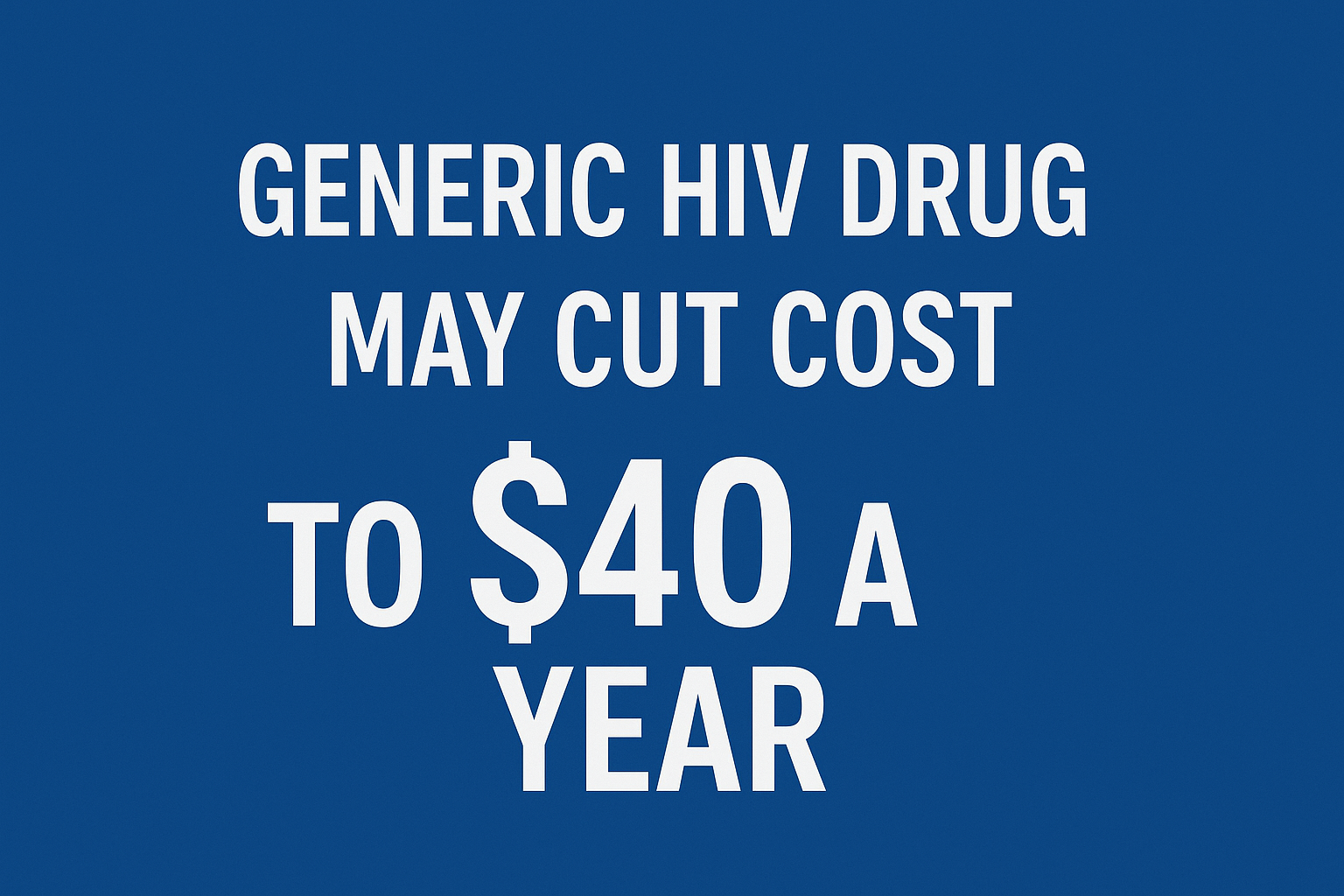
.jpeg)
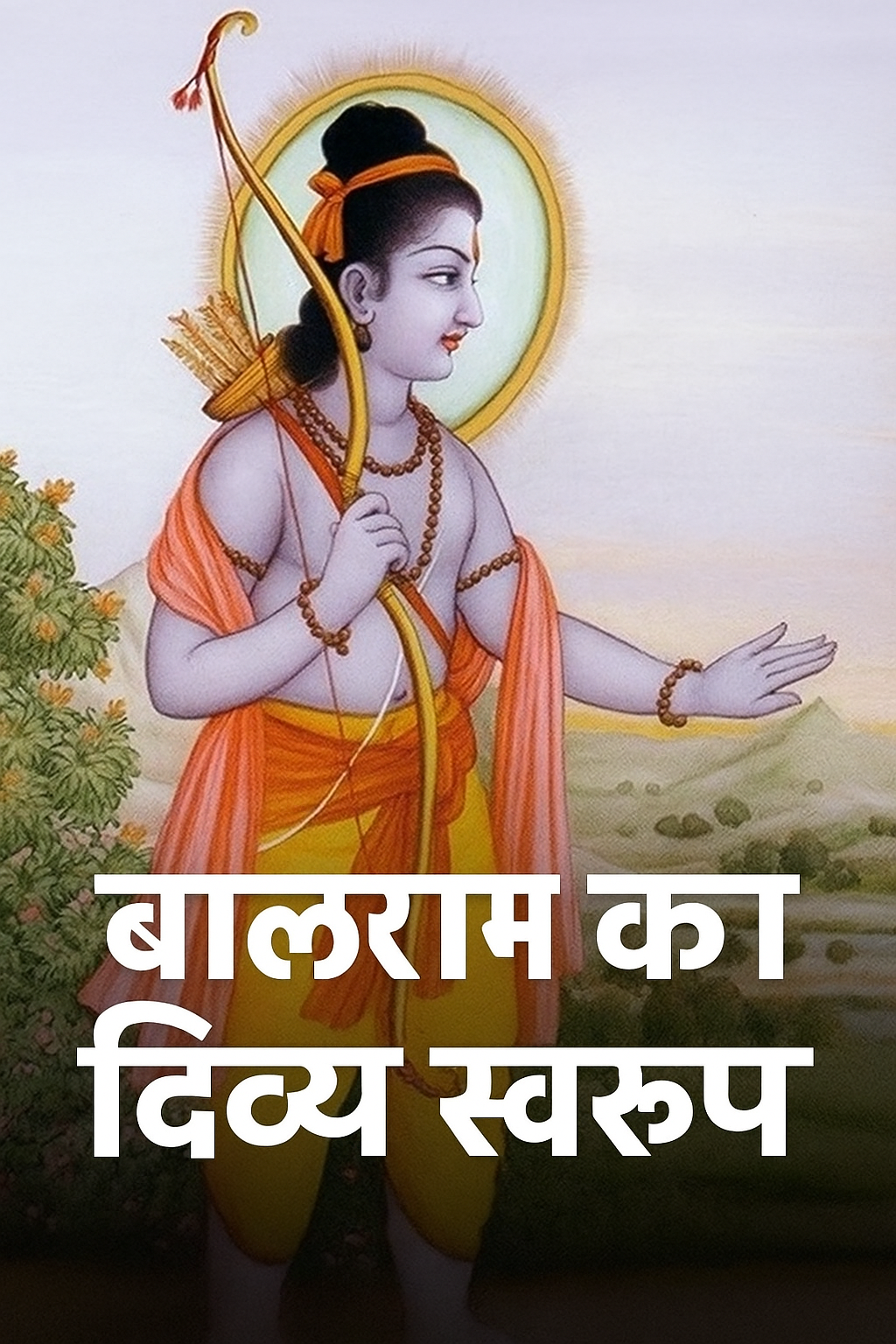
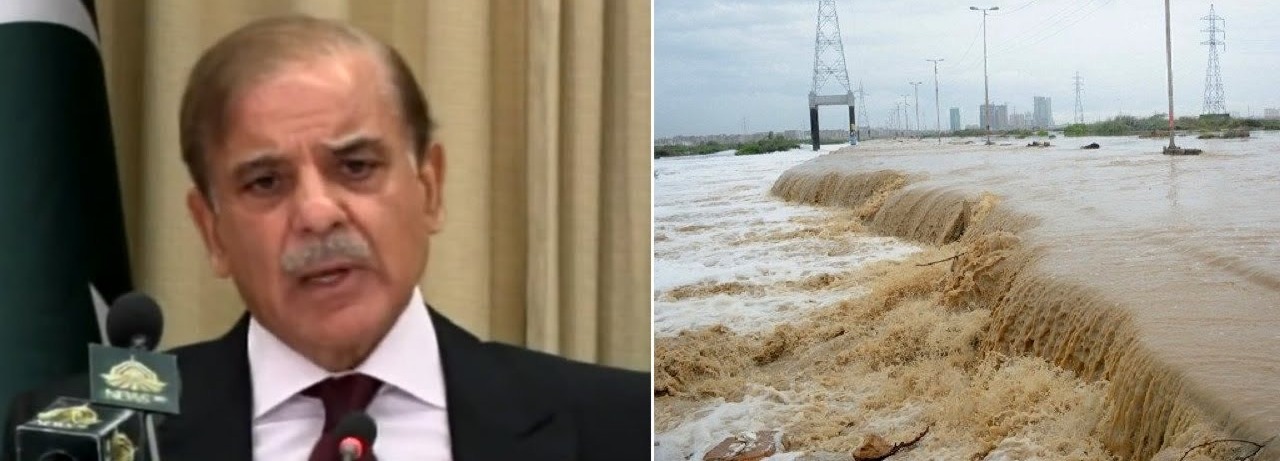
.jpeg)

.jpeg)